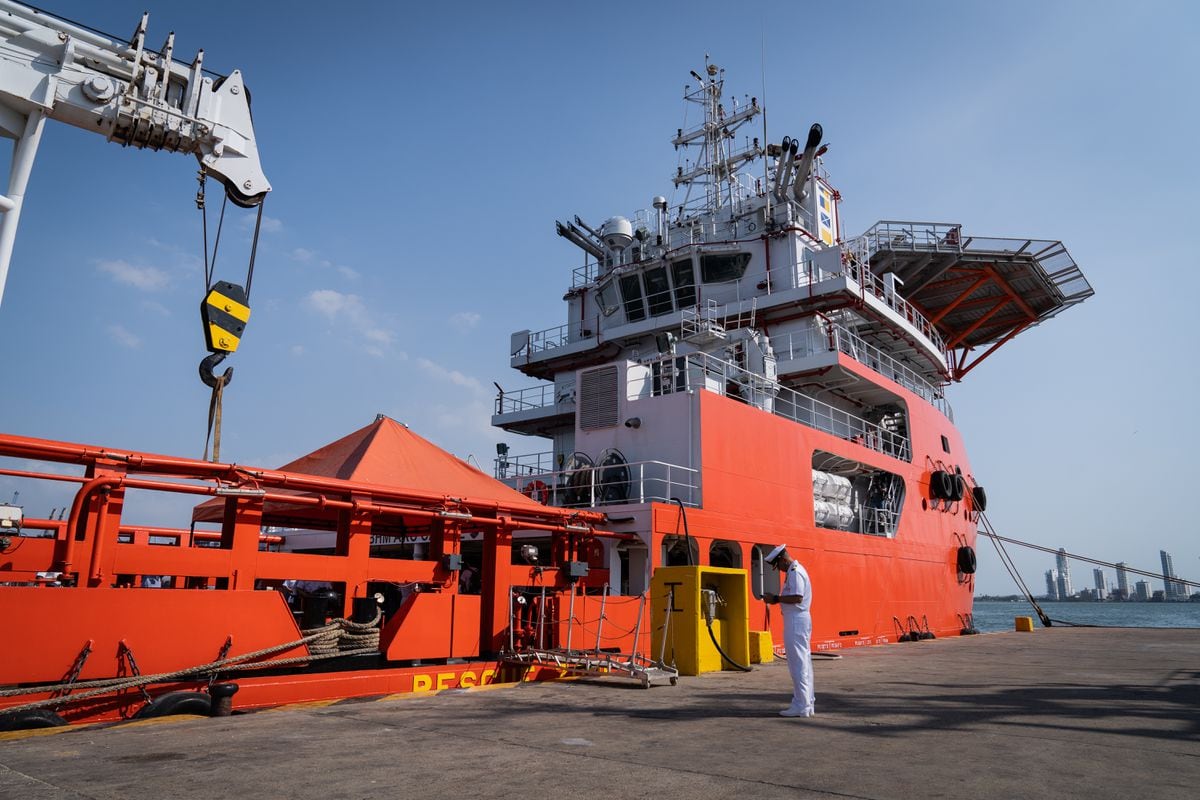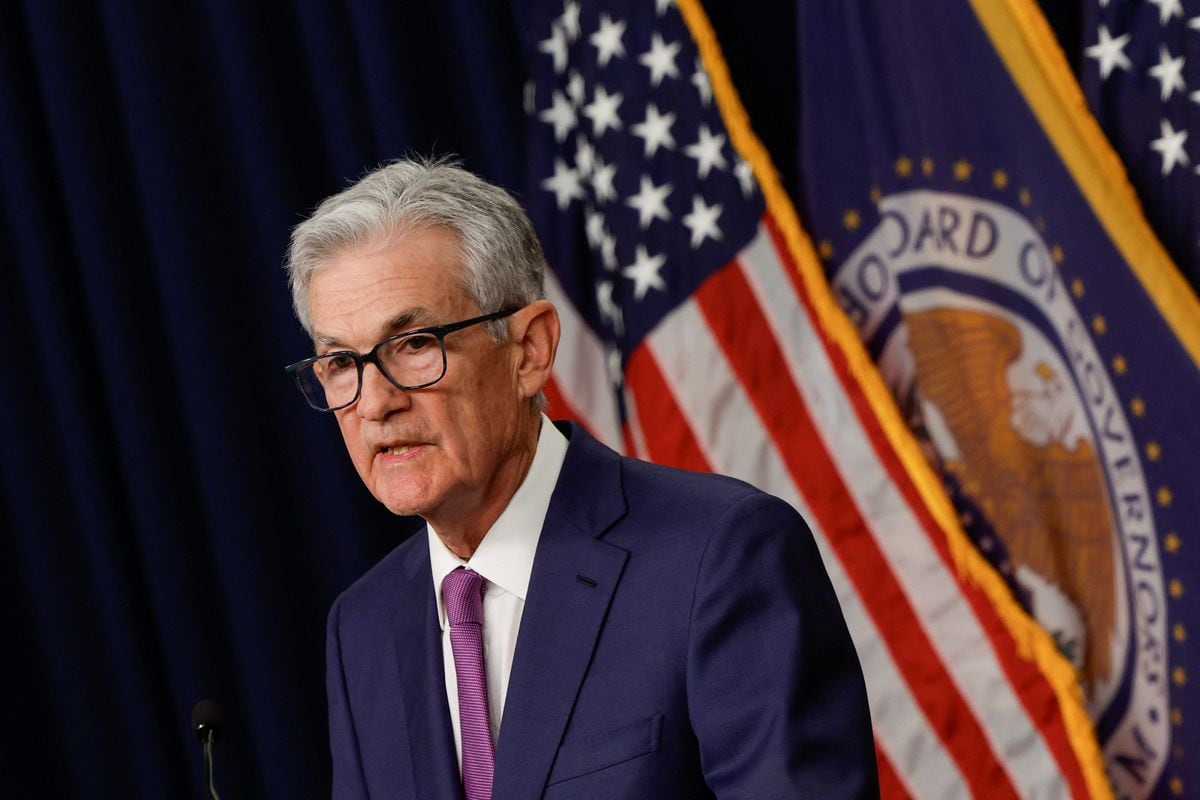Valuable raw materials lie dormant in Afghanistan, which are gaining in value, especially during the climate crisis.
China is already trying to expand its access - and curry favor with the Taliban.
Munich - Whether copper, lithium or rare earths - there are significant raw material deposits in Afghanistan.
The international struggle for resources has already begun.
China, for example, is not unselfishly, albeit cautiously, appealing to the Taliban.
Since these natural resources are becoming even more valuable during the climate crisis, the West could even be driven into cooperation with the Taliban.
However, it is still unclear whether the valuable raw materials will be mined in the country at all.
A joint UN and EU report from 2013 estimated the value of the country's natural resources at more than $ 1 trillion.
They play a special role in the transformation of the economy in the fight against global warming - stocks are already being depleted around the world and in some places they are in short supply.
Afghanistan: After the seizure of power, the Taliban are sitting on trillions in treasure - "immense stash"
The International Energy Agency (IEA) estimates that global demand could increase forty-fold by 2040 for lithium, which has been a “critical” raw material for the European Union since 2020, not least because of its great importance for battery production and the energy transition.
Afghanistan is sitting here on an "immense supply that has not yet been exploited," says resource expert Guillaume Pitron, author of a book on the dark side of the "war" for natural resources, the AFP news agency.
Rare earths such as neodymium, praseodymium or dysprosium, which are important for magnets in wind turbines or for electric cars, are also found in Afghanistan.
Just like copper, the price of which had reached record highs of more than $ 10,000 per ton on the raw material markets this year (the equivalent of 8,500 euros).
According to the US geology authority USGS, there are also Afghan raw material deposits in aluminum ore bauxite and iron ore.
Natural resources in Afghanistan - China tries to expand access
But in Afghanistan many of these treasures are still slumbering underground. Industrialized dismantling, including the necessary machines and infrastructure, would have to be set up first. So far, Afghanistan has scored with precious stones. Emeralds, rubies and semi-precious stones such as lapis lazuli or tourmalines and marble are mined. According to the USGS, there is also illegal trade with neighboring Pakistan. The Taliban finance themselves through drug trafficking, among other things. This could change now.
China in particular could expand its access to the raw material deposits in Afghanistan.
The second largest economy behind the USA, which already dominates global production especially for rare earths, is already exploring access to particularly promising mineral resources with various Taliban groups, according to Pitrons.
Beijing makes business contracts "not dependent on democratic principles," he explains.
Among other things, China is interested in exploiting the Ainak copper mine near Kabul.
Afghanistan: Eldorado of raw materials in times of the climate crisis
According to experts, it is still uncertain whether Afghanistan - in some cases already referred to as "Saudi Arabia of lithium" - will actually become the new Eldorado for the growing international demand for certain raw materials in times of climate change. This requires a “very stable political climate” in the country, stresses Pitron. Also, a wealthy population does not necessarily follow from mineral resources.
In addition, the development of raw material deposits from discovery to exploitation sometimes takes decades and is associated with enormous investments. But if there is no political stability or a secure legal situation in Afghanistan, no company will want to invest there, says Pitron. Investors could then be more interested in deposits in other places, which are perhaps “a little more expensive, but more stable”.
(AFP / nai)








